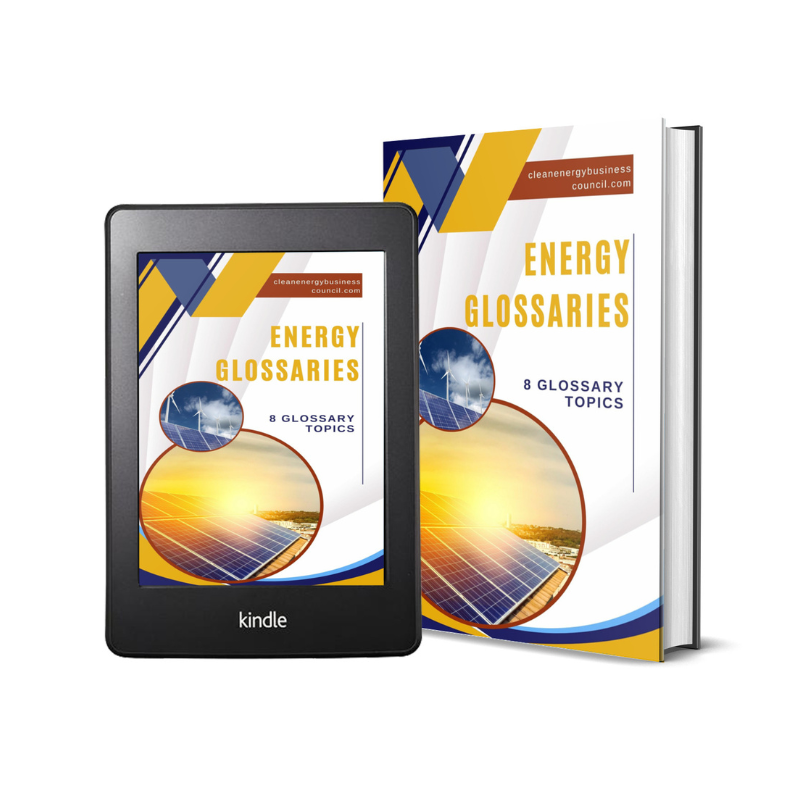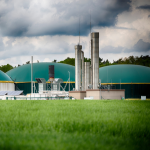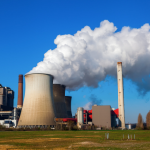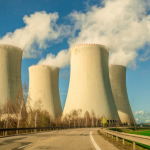Learn Everything About Clean Energy & More!
Check out our free energy glossaries and learn everything related to yoga!

Energy Glossaries
Some Recent Energy Glossary Articles
Liquid Electrolyte – Definition & Detailed Explanation – Battery Technology Glossary Terms
I. What is a Liquid Electrolyte? A liquid electrolyte is a solution that contains ions and conducts electricity. It is commonly used in batteries to facilitate the flow of electric current between the cathode and anode. The electrolyte is typically made up of a solvent, such as water or organic solvents, and dissolved salts or … Read more
Nuclear Fuel Reprocessing – Definition & Detailed Explanation – Nuclear Energy Glossary Terms
I. What is Nuclear Fuel Reprocessing? Nuclear fuel reprocessing is the process of extracting usable materials from spent nuclear fuel to create new fuel. This process involves separating the uranium and plutonium from the other elements in the spent fuel, which can then be used to create new fuel rods for nuclear reactors. The remaining … Read more
Blade Tip – Definition & Detailed Explanation – Wind Energy Glossary Terms
I. What is a Blade Tip? Blade tips are the outermost part of a wind turbine blade that is responsible for capturing wind energy and converting it into rotational motion. They are crucial components of a wind turbine as they play a significant role in determining the efficiency and performance of the entire system. Blade … Read more
Separator – Definition & Detailed Explanation – Battery Technology Glossary Terms
I. What is a Separator in Battery Technology? In the world of battery technology, a separator is a crucial component that plays a vital role in the overall performance and safety of a battery. A separator is a thin, porous membrane that is placed between the positive and negative electrodes of a battery to prevent … Read more
Back Contact Solar Cell – Definition & Detailed Explanation – Solar Energy Glossary Terms
I. What is a Back Contact Solar Cell? Back contact solar cells are a type of solar cell that have their electrical contacts on the rear side of the cell, as opposed to traditional solar cells where the contacts are located on the front side. This design allows for a more efficient use of the … Read more
Hydrocarbon – Definition & Detailed Explanation – Fossil Fuels Glossary Terms
I. What is a Hydrocarbon? Hydrocarbons are organic compounds that consist of hydrogen and carbon atoms. They are the main components of fossil fuels such as coal, oil, and natural gas. Hydrocarbons are known for their ability to store and release energy, making them valuable resources for various industries. These compounds can exist in different … Read more
Oil Reservoir – Definition & Detailed Explanation – Fossil Fuels Glossary Terms
I. What is an Oil Reservoir? An oil reservoir is a subsurface pool of hydrocarbons that is trapped within porous rocks beneath the Earth’s surface. These hydrocarbons, which include oil and natural gas, are formed over millions of years from the remains of ancient marine organisms that have been buried and subjected to heat and … Read more
Environmental Impact of Fossil Fuels – Definition & Detailed Explanation – Fossil Fuels Glossary Terms
I. What are Fossil Fuels? Fossil fuels are natural resources that are formed from the remains of ancient plants and animals that have been buried and subjected to intense heat and pressure over millions of years. The three main types of fossil fuels are coal, oil, and natural gas. These fuels are non-renewable resources, meaning … Read more
Grid Energy Storage – Definition & Detailed Explanation – Battery Technology Glossary Terms
I. What is Grid Energy Storage? Grid energy storage refers to the process of storing electricity on a large scale in order to balance supply and demand on the electrical grid. This technology allows for excess energy generated during times of low demand to be stored and used during times of high demand, helping to … Read more
Air Density – Definition & Detailed Explanation – Wind Energy Glossary Terms
I. What is Air Density? Air density refers to the mass of air molecules per unit volume in a given area. It is a crucial factor in various fields such as meteorology, aviation, and wind energy production. The density of air can vary depending on factors such as temperature, pressure, and humidity. Understanding air density … Read more







